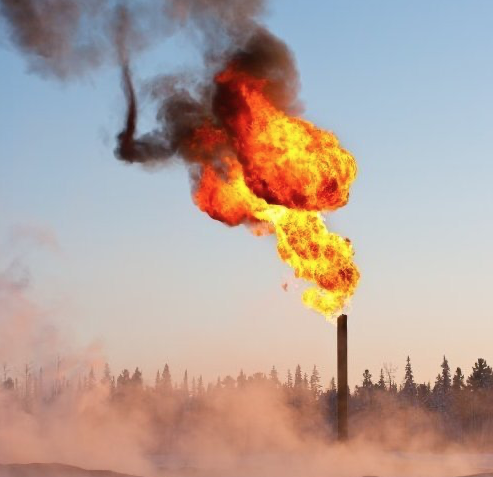Stop Burning Fossil Fuels
Coal, oil and gas are the major drivers of global warming. They are the fundamental cause of the climate crisis.
We use fossil fuels in energy production, transport and industry and their byproducts are used in cosmetics, plastics and textiles. Fossil fuel use has permeated all aspects of our society.
When we burn fossil fuels we release carbon dioxide and other greenhouse gases into the atmosphere, thereby increasing the greenhouse effect and warming our planet. We know that in order to have a 50% chance of limiting global warming to 1.5℃ we need to halve global emissions by 2030 and reach zero emissions by 2050. We must stop using fossil fuels to achieve this. If we fail, we risk the livability of our planet.
Coal, Oil and Gas are responsible for almost all global CO2 emissions.
Fossil fuel extraction directly damages our environment, causing land degradation, loss of biodiversity, pollution and water insecurity. Open cut coal mines destroy the land for other uses and coal requires enormous amounts of water in its extraction. Gas combustion releases methane, a greenhouse gas far more potent than carbon dioxide and coal seam gas extraction contaminates and depletes ground and surface water. Oil spills and leaks during extraction and transport pollute drinking water sources and jeopardize entire freshwater and ocean ecosystems. We risk so much by using fossil fuels, we have to stop.
Fortunately we already have the technology to replace fossil fuel use with environmentally sustainable options.
Solar with storage, wind power, geothermal and clean hydrogen technologies can replace all the electricity generation we need and as technology advances it is becoming increasingly cost effective to do so. Indeed, in South Australia, where wind and solar supply more than 50% of the electricity generated, that state is able to provide the cheapest electricity in the national market. What's more, this supply is associated with increased reliability despite claims to the contrary. Similarly we can replace our transport needs with renewably powered ones and as hydrogen generation technology improves, we will soon be able to smelt steel in a carbon neutral way. Anything plastic can be made from plant based polymers and we already have textiles and cosmetics that do not use petroleum byproducts.
Flares burn off methane at an oil and gas field.
What we need is government support to transition to a renewable economy. This would provide reliability to the business sector and create further employment in the renewable energy sector, allowing for a just-transition for those currently employed in fossil fuel extraction. We have the technology, we have the capacity, we just need the political will.
references
https://www.nrdc.org/stories/fossil-fuels-dirty-facts
https://www.climatecouncil.org.au/new-wind-and-solar-now-as-cheap-as-existing-coal/
https://about.bnef.com/blog/hydrogen-solve-steels-climate-test-hobble-coal/
https://www.sbs.com.au/news/solar-energy-jobs-doubled-in-2017-18-abs



